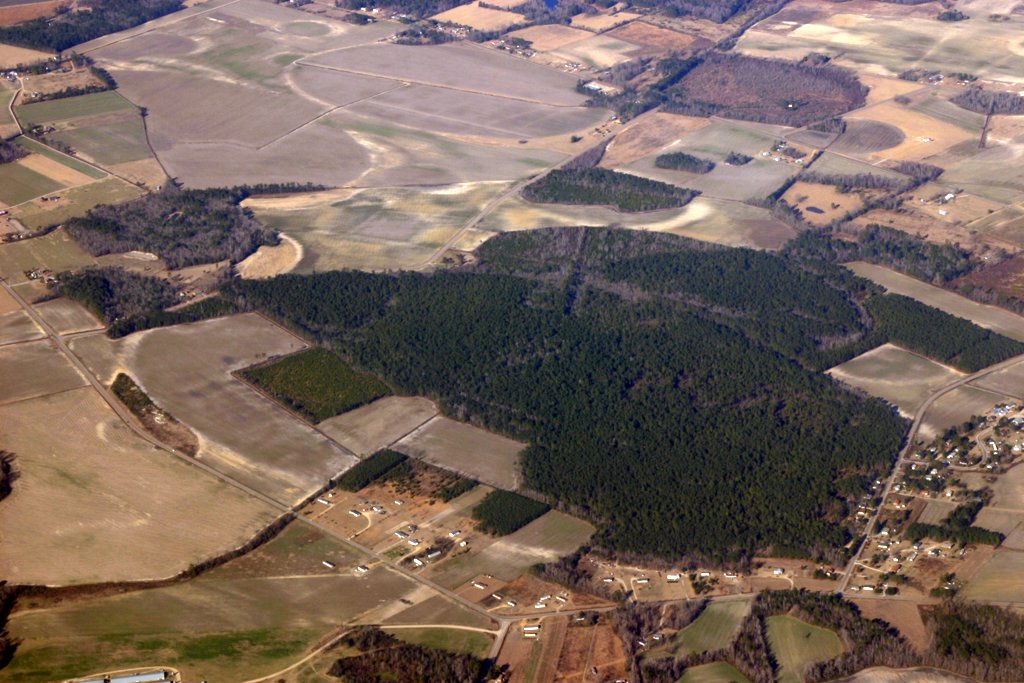Commercial fishermen are used to overcoming challenges. Whether it’s extreme weather events or a changing market and regulations, we work hard and adapt to carve out a living for our families.
We represent a new generation of fishermen that depends on the productivity of our coastal waters for our livelihoods. We can’t earn a living for ourselves and our families unless the water is clean and capable of supporting fish and shellfish. We also need waters that are not polluted so it is safe for us to harvest and sell our catches to consumers young and old.
But now politicians in Washington are trying to gut the Clean Water Act, removing vital protections for streams and wetlands. Particularly catastrophic, the proposal would cause a dramatic and unprecedented loss of protection for more than half of the nation’s wetlands and millions of acres of wetlands in North Carolina — Southern Pocosins, Carolina Bays and Pine Savannas — are all at risk. Our estuaries and fisheries won’t likely survive the losses, nor will our livelihoods.
We know what happens when our environmental laws are too weak... In the 1970s, before the Clean Water Act became law, big corporations drained and destroyed tens of thousands of acres of wetlands to convert them into large industrial operations. With no regulations in place to protect water quality and wetlands, trillions of gallons of polluted freshwater runoff flowed into nearby estuaries. From trout to shrimp, fish and shellfish populations – and the fishermen who rely on them to make a living – suffered devastating consequences, and they cried foul until the government addressed the problem.
North Carolina fishermen and residents stood up to protect our wetlands and way of life. In response, policies like the Clean Water Act were put in place to protect waterways and the communities that depend on them across the country.
In the nearly 50 years since, the Clean Water Act has been a key part of keeping our waterways clean and safe by limiting pollution, and protecting and restoring wetlands. Without this law, our coastal waterways would not be so clean, and efforts to restore vital wetlands that help provide flood protection and filter and store runoff would be stymied.
Commercial fishermen and recreational anglers would all pay a price, and so would our economy. Take North Carolina where we work as an example: Commercial fishermen bring in roughly 40 million pounds of shellfish each year, pumping more than $62 million into the state’s economy. All told, commercial fishing accounts for $95 million in yearly revenue in North Carolina – putting our state at the top for the entire South Atlantic region and supporting thousands of local jobs. According to the National Oceanic and Atmospheric Administration, North Carolina is also near the top of the list for recreational saltwater anglers, with $1.5 billion spent on recreational fishing each year.
Even more disturbing, the potential for clean water to provide for future economic development along our coast will be cut off at the knees. Plans by the North Carolina General Assembly to grow the shellfish mariculture industry so that it’s worth $100 million to the state’s economy by 2030 can’t be realized if pollution makes our waters unsafe for harvesting and eating raw shellfish.
After all, without wetlands, there is no seafood.
We all deserve to live and work in a place with clean water, thriving wildlife and a fair shot at success. Fishing is part of our way of life and an invaluable part of our economy. That’s why we’re taking a stand to preserve the commonsense policies that make it all possible.
And we believe our policymakers must stand up, too. It’s time they look for ways to keep our water clean – not rubber-stamp plans to gut the protections that got us this far.







